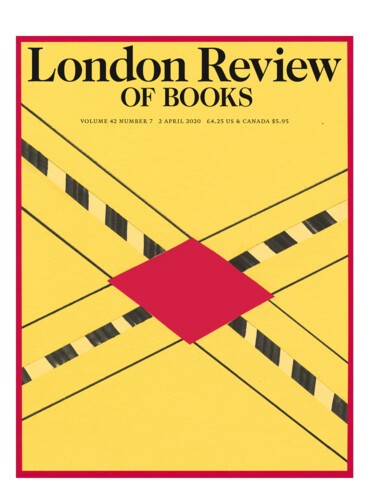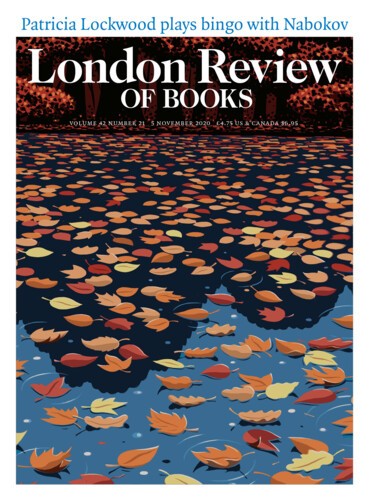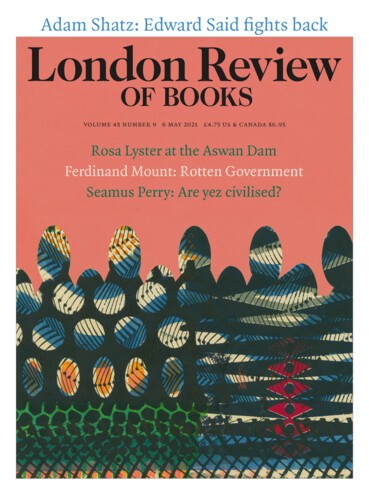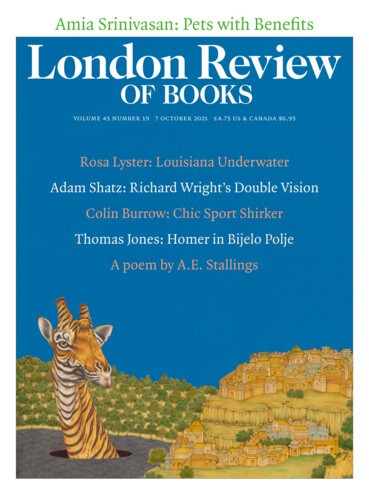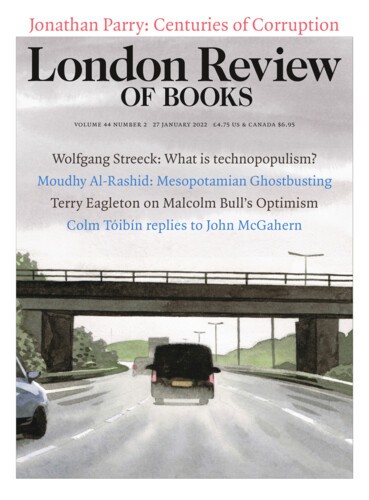The Nile as it arrives in Egypt has two main tributaries, which converge near Khartoum: the White Nile, rising in Lake Victoria, and the Blue Nile, rising in Lake Tana in Ethiopia. Exact figures are disputed, but almost everyone agrees that at least 80 per cent of the river’s water originates in the Ethiopian highlands. An academic who spent his career studying the hydropolitics of the Nile Basin until he was forced to leave Egypt told me I had to understand the psychological dimension to the country’s water issue. What I had to understand about Egypt and water was that Egypt didn’t have any. It all came from somewhere else, which meant that the upstream countries could, in theory, turn off the tap. People who grow up in the desert tend to think of rain as a big deal. Even in the cities, they celebrate a downpour when it happens. Farmers elsewhere look to the sky and ask for water, he said, but in Egypt they look to Ethiopia. While I was there I heard over and over again that Egyptians think of the Nile as their water, stored in other people’s countries.
What I had to understand about Egypt and water was that Egypt didn’t have any. It all came from somewhere else, which meant that the up stream countries could, in theory, turn off the tap. People who grow up in the desert tend to think of rain as a big deal. Even in the cities, they celebrate a downpour when it happens.
